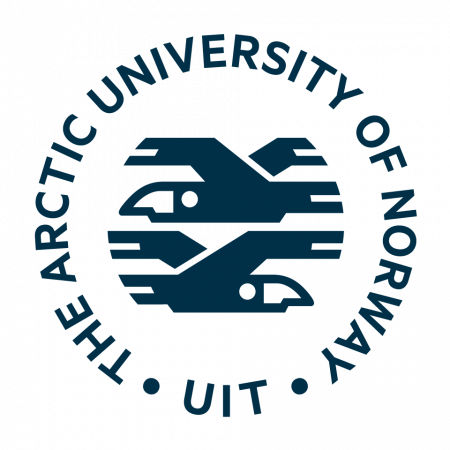Master of Philosophy in Visual and Multimodal Anthropology
This two-year full-time master’s programme in Visual and Multimodal Anthropology combines: lectures in anthropological theory and ethnographic methods; filmmaking and practical instruction in camerawork; sound recording and editing; and writing and evocative storytelling. It is grounded in a research environment that has a strong focus on environmental issues, multispecies ethnography, Indigenous peoples, human rights, food systems, migration and diaspora, conflict and resolution, art and activism, among others.
You will develop your own anthropological research project and choose a site to conduct fieldwork, at home or abroad. During fieldwork you will conduct participant observation and gather your multimodal material (video, sound, photographs, drawings, notes, etc.). Working with this material gives unique possibilities to develop anthropological insights about people, places and culture. Multimodal methods also encourage collaboration and meaningful dialogue with protagonists and multiple audiences; this generates novel ways of sharing and communicating your ethnographic insights.
Filmmaking and multimodal production require time and practice to master the craft. The first semester is organised as a complete research and dissemination process, where students undertake a camera-based mini-fieldwork, carry out practical exercises, and edit a short film or other multimodal output. This initial research project is focused on a different theme each year (e.g. tourism, waste, refugees, farming and fishing). It is supported by classes on ethnographic methods, ethnographic film history, video technique and cinematographic language.
During the second semester, you develop your own master’s project. This includes courses on contemporary themes in anthropology, multimodal and evocative storytelling, and a project description. In collaboration with your allocated supervisor, you will develop a feasible project design, including research questions and ethics, methodological approaches, and use of audio-visual media. Following this you will conduct 4-5 months of ethnographic fieldwork.
In the second year of the program you will participate in a series of collaborative film and text seminars, where you will develop your text and film, or other multimodal output, in dialogue with your peers and supervisors.
During the third semester the primary focus will be on your written text, drawing upon your visual and multimodal material as an empirical basis. This will be complemented with lectures on anthropological theory and writing, with guest speakers.
The fourth and final semester is dedicated to editing and producing your film or other multimodal output. This includes time and instruction in the editing suites, roughcut screenings, and ongoing feedback. At the end of the course, you will submit your written thesis and show your film or present your project at a public screening at Verdensteateret in Tromsø – the longest continually running cinema in Europe.
Throughout the program you will have access to cameras, sound equipment, high end software and editing suites, anthropological guidance, and professional film instructors.
The programme is closely aligned with our research group, Ethnographic Action: Researching Transformations of Humans and Environment on a Disrupted Planet (EA:RTH), which includes weekly seminars with invited and local researchers. There is also an active student environment led by Felten, The arctic anthropology student association, which organises film screenings, group lunches and social activities.
For a complete outline of the program, please see the Program structure below.
